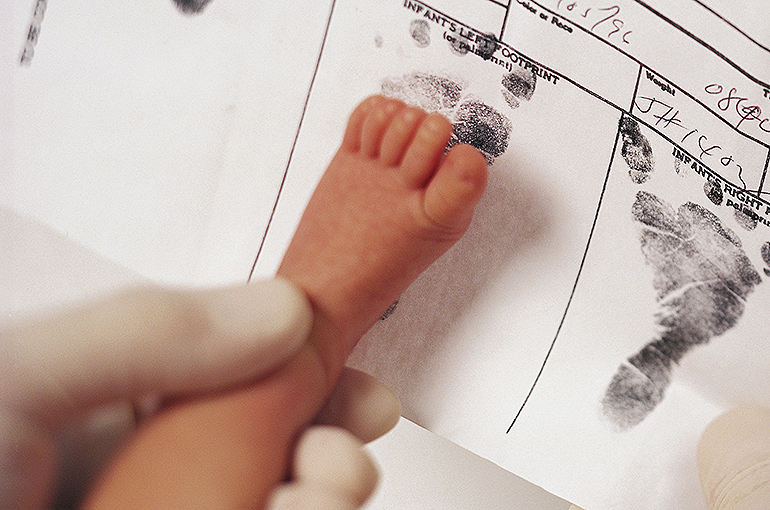 How Can The Illicit Sale of Birth Certificates Still Exist in China?
How Can The Illicit Sale of Birth Certificates Still Exist in China?(Yicai) Nov. 15 -- Several hospitals in China, such as in Xiangyang, northern Hubei province and Foshan in southern Guangdong province, have recently been found to be selling birth certificates for as much as CNY100,000 (USD13,820) each. Yicai did some research to find out what is fueling this illegal market.
The sale of birth certificates is often connected with surrogate births, a practice which is unlawful in China, Shangguan Zhengyi, an activist who fights child trafficking, told Yicai. Hospitals charge around CNY800,000 (USD110,000) to organize a birth through a surrogate mother. They then sell the birth certificates for about CNY100,000 each.
A source told Yicai that a friend donated sperm to a surrogate mother through a private hospital because his wife was disabled and unable to have children. He then bought a birth certificate from the hospital.
These birth certificates are authentic and verifiable and are given to trafficked and abandoned children or those born by surrogacy, Xinhua reported, quoting Zhengyi.
In China, only hospitals can issue birth certificates which are important for household registration. Chinese authorities have emphasized the need to enhance the management of birth certificates many times to prevent child trafficking.
Before babies are adopted, their DNA is checked through a missing persons database, which means that some families that want to adopt instead choose to illegally purchase a birth certificate, a police source told Yicai.
China’s infertility rate is rising, there are families that lose their children and same-sex couples also want to have families, said Liu Yanyan, partner at Grandhall Law Firm.
Due to imperfect legislation, those who require assisted reproduction and adoption often turn to underground surrogacy. Although it is illegal in China, the penalties are low as Chinese law only holds the hospital responsible.
By cracking down on the illicit sale of birth certificates, investigators can then move up the chain to find those involved, said Jing Lijia, associate professor at Wuhan University Law School.
Tougher Measures
Birth certificates were introduced in China in Jan. 1, 1996, and the country has advanced anti-counterfeiting technology to prevent the use of fake certificates.
Although some people try to use false birth certificates when they apply for household registration, or residency in a city, 99 percent of them are identified as they do not match the anti-counterfeit marks on real certificates, a police source told Yicai.
However, child trafficking is more difficult to regulate. The number of cases is rising and it is becoming easier to conceal through social media platforms.
Regulators must confirm the identity of the parents through photos, ensure that their ID data is consistent and prevent those who abduct or unlawfully adopt children from obtaining birth certificates, the National Health Commission said in December 2020.
A new version of birth certificates was introduced in April this year. Local hospitals are now required to report invalid birth certificates to the provincial level for destruction and any unused birth certificates must be declared each year, an employee at the Maternal and Child Health Center in the Center for Disease Control and Prevention told Yicai.
Any hospital or clinic that is licensed to provide midwifery services can issue birth certificates, regardless of whether it is public or private. Regulators should make the licensing of private reproductive centers and maternal and child specialized hospitals stricter, raise the frequency of on-site inspections, audit the issuance of birth certificates and limit their ability to issue birth certificates to a certain extent, Jing said.
Editor: Kim Taylor